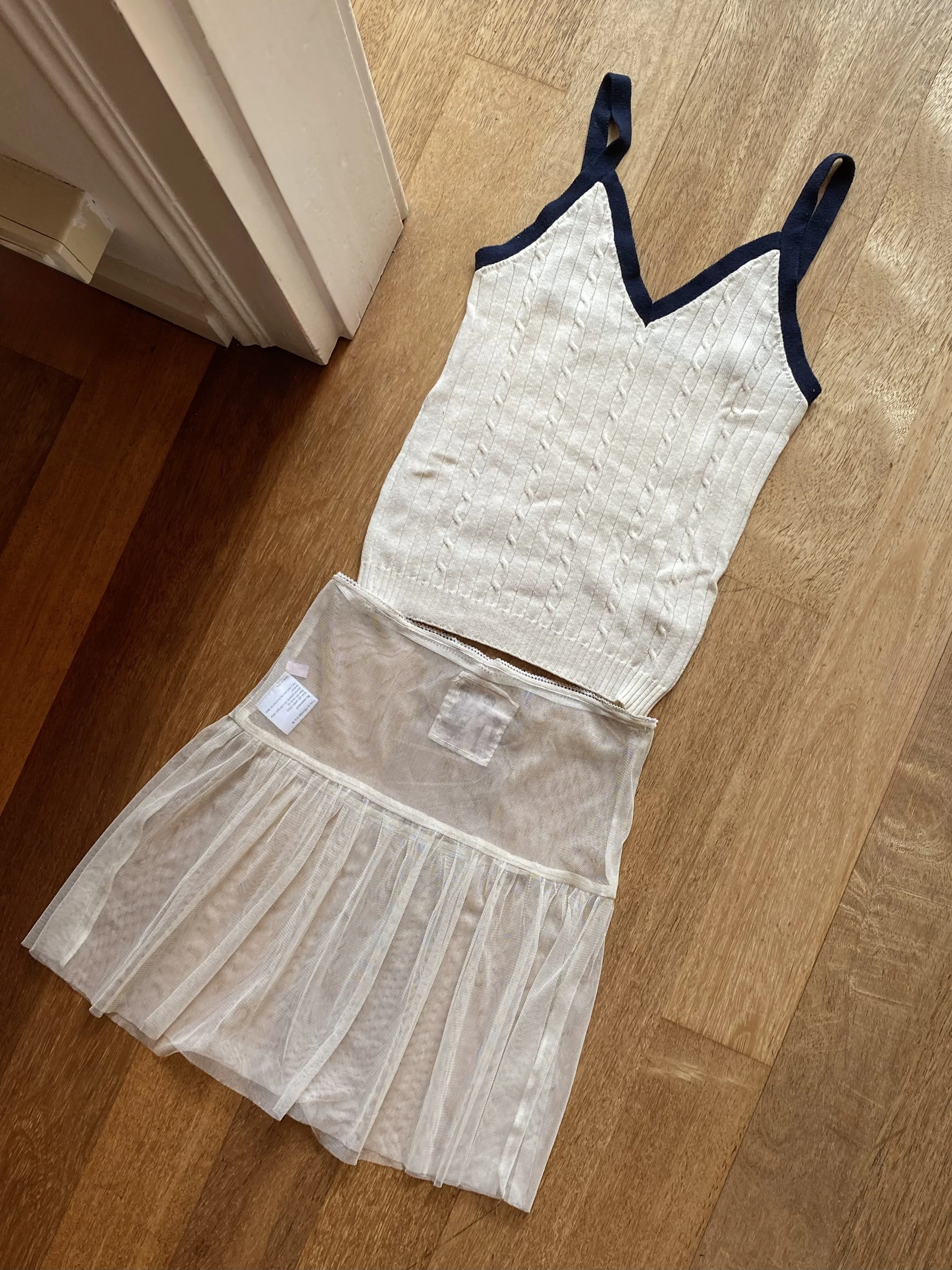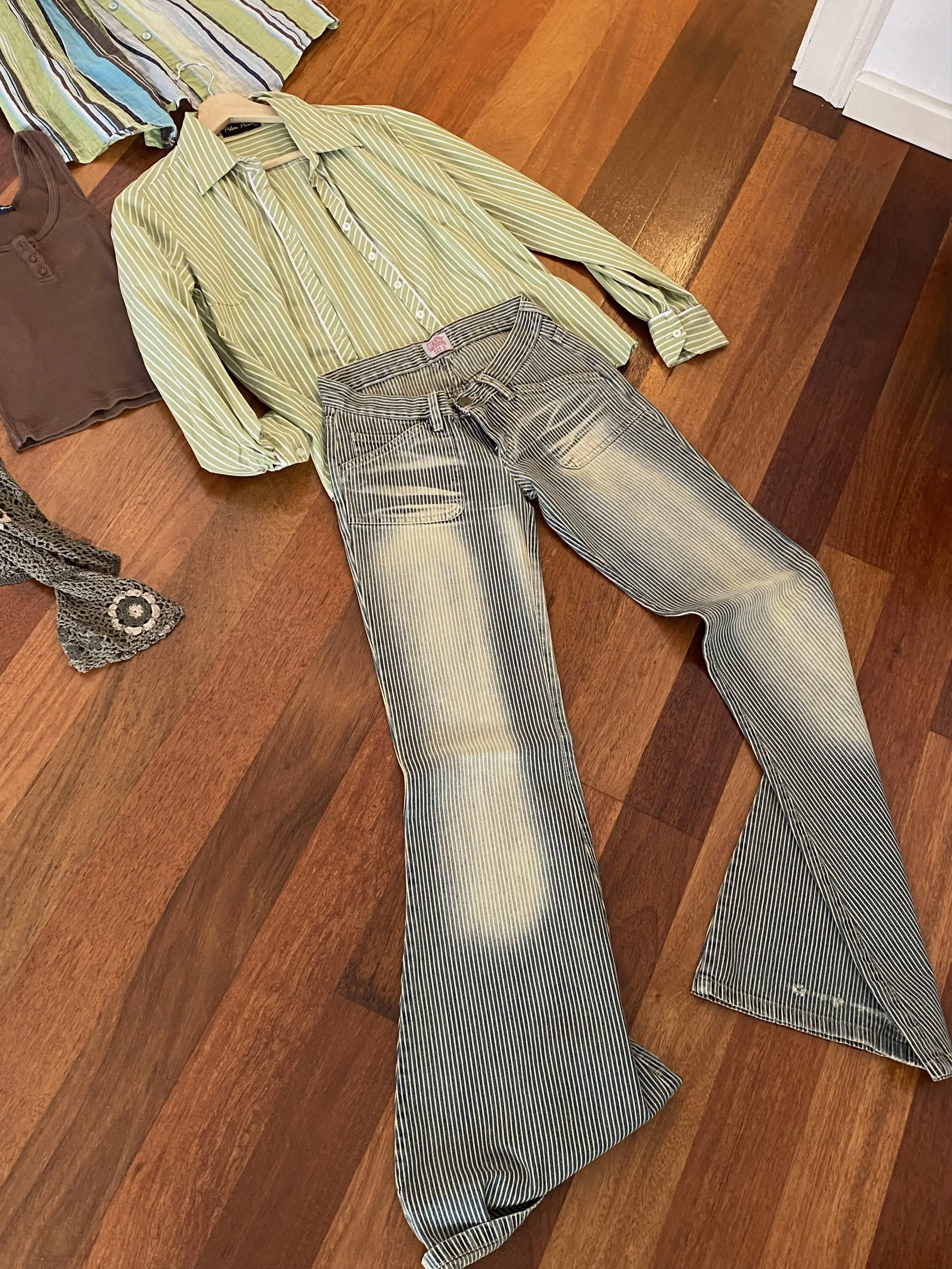OVER–BUYING SECOND HAND IS STILL OVER–CONSUMING
A few weeks ago, I decided to address my first real closet clean out since moving to Spain six years ago. What started as a simple organizational task quickly turned into a journey of self discovery and reflection.
Over these past few years, I’ve gone through very different phases since settling in Barcelona. In all of them, I’ve loved fashion, but I hasn’t always been conscious of my consumption habits. While decluttering, I came across so many items I had never found the right opportunity to wear, a complete lie, if I’m honest with myself now.
This realization forced me to confront a complicated truth: overconsuming second-hand fashion is still overconsuming. For years, I took pride in shifting away from fast fashion and embracing thrift stores, vintage shops, and second hand platforms. I thought I was making responsible choices, contributing to sustainability, and stepping out of the over–consumption cycle very present nowadays. But standing there, surrounded by unworn second hand clothes, I thought I could no longer justify it.
Second hand fashion often feels like an ethical free pass – it’s affordable, pre-loved, and environmentally friendly. But it’s still consumption, and when done excessively, it creates the same issues as fast fashion: clutter, waste, and a lack of intentionality. I had unknowingly fallen into the trap of chasing trends and impulse buying, telling myself it was fine because it was second hand. In reality, my habits hadn’t changed as much as I thought – they had just shifted to a different path.
This doesn’t mean that buying second hand isn’t a better option or that it lacks value. It’s undeniably a step in the right direction for reducing waste and extending the life of clothing. But the core issue lies in the approach. Am I buying out of need or out of habit? Am I truly appreciating what I purchase, or am I simply feeding a consumption cycle under the idea of sustainability?
Cleaning out my closet was more than just a practical task, it was a moment of thoughtfulness. It showed me how easy it is to replace one form of overconsumption with another without addressing the real behavior. The truth is, overconsumption – no matter how 'ethical' it appears, still creates excess and waste.
The challenge now is to embrace a mindset of intentionality. To pause before a purchase, second hand or not, and ask: does this align with my values? Will it truly add something meaningful to my wardrobe? It’s about cultivating a deeper connection with our habits, finding joy in what we already own, and redefining our idea of enough.
It’s not uncommon for me to fool myself with little mental tricks, convincing myself that I need something or that it’s perfectly fine to make yet another purchase. But the truth I’ve come to accept is that I simply enjoy shopping a bit more than I should.


